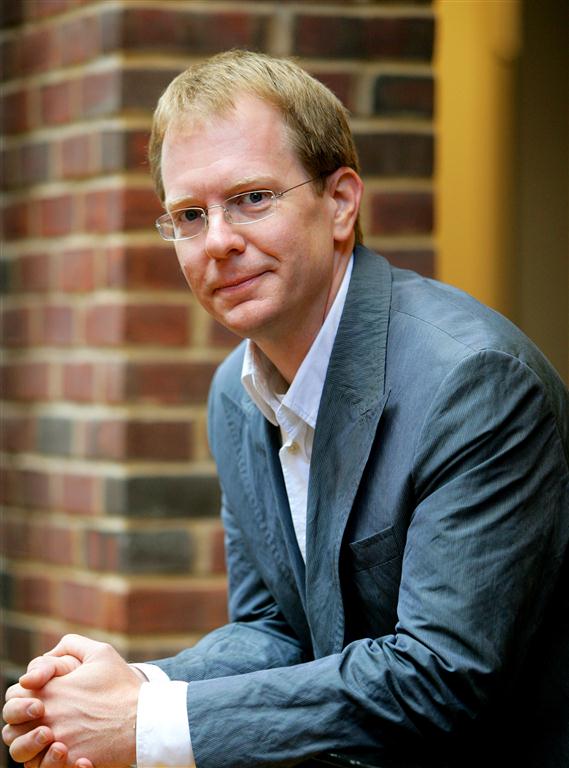The Altman Program and Tulane's Stone Center hosts Dr. Edward Fischer
Dr. Edward Fischer will be visiting Tulane March 31-April 1 and will give a number of talks around campus. Dr. Fischer is Professor of Anthropology and Director of the Center for Latin American Studies (and the Institute for Coffee Studies) at Vanderbilt University. He is also the founder of Maní+, a social enterprise in Guatemala that develops and produces locally sourced complementary foods to fight malnutrition. His recent work focuses on development and well-being across cultures. He has authored or edited nine books, including Broccoli and Desire and, most recently, The Good Life: Aspiration, Dignity, and the Anthropology of Well-being. He received his PhD from Tulane in Anthropology.
Lectures/Events Ted Fischer, March 31-April 1
Thursday, March 31 at 4 pm
100A Jones Hall, Greenleaf Conference Room
Social Enterprise and Malnutrition in Guatemala: The Case of Maní+
Sponsored by: Stone Center for Latin American Studies, Altman Program in International Studies & Business, Phyllis M. Taylor Center for Social Innovation and Design Thinking
Join us for a talk in which Edward (Ted) Fischer discusses social entrepreneurship and social enterprise and the founding of the Maní+ project in Guatemala. In his talk, he will discuss the challenges and potential for social enterprise in addressing entrenched problems, such as malnutrition in Guatemala, and what it takes for social entrepreneurs to succeed.
Guatemala suffers one of the worst rates of malnutrition in the world, concentrated in the rural indigenous population. Half of all children in Guatemala under 5 are malnourished. Fischer founded Maní+, a social enterprise that has developed and now produces a locally sourced product to combat chronic malnutrition. The projects has won several international awards. Learn more about Maní+ at www.maniplus.org
Friday, April 1 at Noon
Dinwiddie 305, Middle American Research Institute (confirm w/ MARI)
German Eggs, Guatemalan Coffee, and the Anthropology of Wellbeing
Sponsored by: Middle American Research Institute
In this talk I made a simple proposition: We should understand the ends of economics, as well as politics, to be provisioning the good life as widely as possible for people as they themselves conceive it. This normative assertion, then, raises the empirical question of just what are different people's visions of the good life. And here is the rub: We may all want to live the good life, but we also differ widely on just what that entails, on what the good life might look like and the best means to get there.
Poverty is more than a lack of income, and well-being is about more than being well. In this talk I look at what constitutes well-being in radically different contexts around the world. We find that living the good life requires a certain material standard of living, but far less than one might think. Just as important are strong social relations, a sense of dignity, and commitments to a larger purpose. We may all want to be better off (according to that ever receding relative standard), but we also want to be part of something bigger than ourselves that transcends narrow self-interest.
Friday, April 1
TIME/LOCATION TBA
Third Wave Coffee and Maya Farmers in Guatemala
Sponsored by TASA (contact the Dept of Anthropology)
Coffee production in Guatemala has undergone a dramatic transformation over the last twenty years. Changing tastes among northern consumers have driven new demand for high-quality "third wave" coffees that are grown at high altitudes. As a result, many of the large, lower-altitude plantations long synonymous with coffee in Guatemala have abandoned production, moving into rubber, African palm, and other crops. At least 50,000 mostly smallholding farmers in the highlands have begun growing coffee to fi ll this market niche.
In this talk, I propose a multidimensional approach to development and well-being. I show how smallholding Guatemalan producers' desires for a better future orient their engagement with this new market. Most of these small producers live in very modest circumstances with limited resources and opportunities. Yet, as they describe it, coffee represents an opportunity in a context of few opportunities, an imperfect means to a marginally better life.

